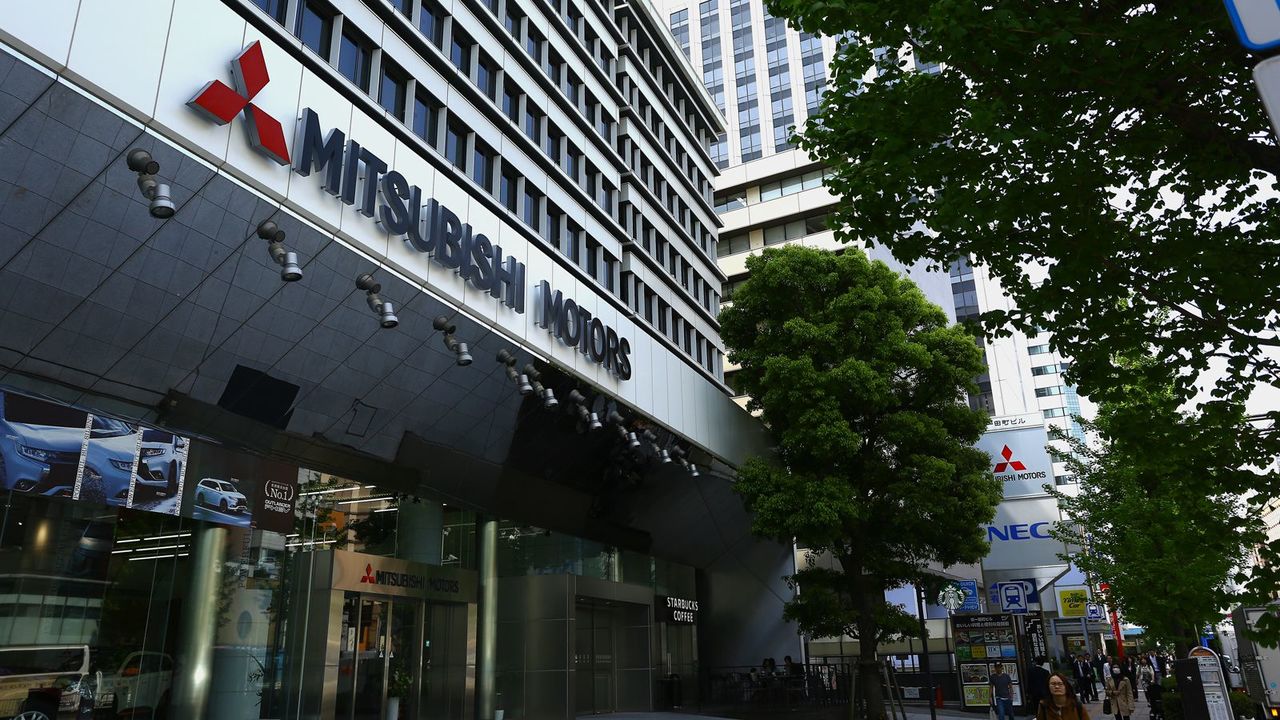
There’s no end to the troubles facing Mitsubishi Motors. The latest involves falsifying fuel emissions data for vehicles, including four models in the smallest, lightest domestic Kei category.
Clearly nothing much has changed in its corporate culture in spite of the large-scale recalls of 2000 and 2004.
For a decade, from the mid-90s to the mid-2000s, I worked for a Mitsubishi subcontractor. I handled sales for a parts maker and Mitsubishi was my client. Even then, Mitsubishi was clearly an anomaly among Japanese automakers.
It was around 2005 to 2006 when Daimler-Chrysler had pulled out, and Mitsubishi management shifted to a new, Mitsubishi group-led business approach. Sales of Mitsubishi’s new models had plummeted due to the past recalls and off-the-record repairs.
Twice a year I would negotiate contracts with the Mitsubishi purchasing representative. With any automaker (not just Mitsubishi), the toughest battle is negotiating a discount on parts it is already procuring.
Usually, carmakers list the product number of a part, its unit price, and estimated volume for the next period. Also, there is a request for the total estimated order be “rationalized” or discounted X percent.
We, the subcontractors, review these numbers. We then respond to the carmaker with a discounted figure.
It was an unwritten rule in the industry to offer a discount. Of course, the subcontractor does its best to make the discount as small as possible.
The Mitsubishi way
Mitsubishi, however, was a different kettle of fish. Its production numbers had dropped steadily after the recall cover-up came to light. Their discount demands became increasingly unacceptable. I, my boss, and the project manager repeatedly negotiated with the purchasing officer at Mitsubishi.
And we came to a compromise. The discount would not come into play per unit. Instead, a lump sum discount would be given. For example, 10 million yen from the total. Mitsubishi was able to cut costs dramatically in a short space of time—but at our expense.
My counterparts in the subcontractors world voiced similar complaints about their contracts. The consensus was that “this never happened with other carmakers.”
At the request of then stakeholder Daimler-Chrysler, in 2002 Mitsubishi dissolved Kashiwakai, a group of subcontractors consisting of its keiretsu, and opened up the field. In this it was not alone. Nissan, for example, did the same. But in Mitsubishi’s case this development, combined with disastrous sales figures, led to a brutal demand to parts makers for discounts.
Other unusual behavior
The extent of Mitsubishi’s anomalous behavior was also clear at a conference for its parts suppliers. After explaining why its financial performance fell short, the Mitsubishi purchasing director boasted, “Mitsubishi Motors is always prepared to knock on the door of the Mitsubishi group.”
What he really meant is unclear. To myself, however, it only sounded like he was saying that when push came to shove, the Mitsubishi group would provide financial support.
Of Japanese automakers, Mitsubishi is the only one originating from the prewar zaibatsu groups. The Mitsubishi group companies, with their logo of three diamonds, are a strong presence in a variety of industries, including finance, real estate, trading, heavy industry, and electronics. Each is a flagship of Japanese industry. Under that Mitsubishi name, bottom line Mitsubishi is protected under the three-diamond banner.
When Daimler-Chrysler broke off with Mitsubishi and the company lurched into crisis, it was the Mitsubishi group that led reconstruction. I hear that when Mitsubishi launches a new domestic model, it is not rare for it to use the Mitsubishi network to boost sales.
Ultimately, whether it be any of the problems above or lying about fuel data, the root cause is the same. Perhaps Mitsubishi simply came up with a strategy to survive in the increasingly competitive K-car market.
Yet surely the answer lies in finding responsible and creative answers to problems instead of lying or depending on others.
Was this kind of entrenched, corporate culture the reason for Mitsubishi’s troubles, culminating in the latest fuel emissions scandal that is now the straw breaking the camel’s back? I think so.



